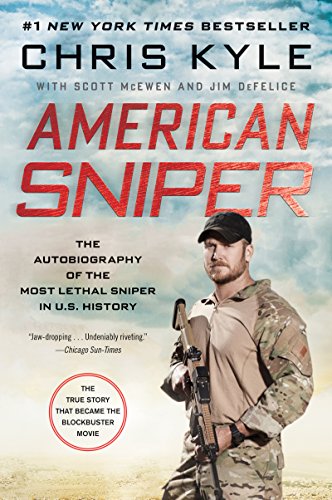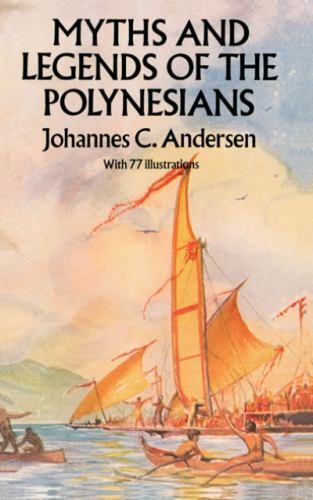This work is one of the first authenticated pieces of anti-war paraphernalia that circulated long before the color and grand design of the 1960’s. However, Mr. Trumbo is not just concerned about expressing his views on war; on the contrary, he is deeply more serious about coordinating the importance of humanity into one another. This book takes a dark and ugly look into the minds who create war while blissfully examining the refulgent strength of the human soul. Trumbo camouflages exaggeration with a brutal and realistic representation of the consequences of maniacal warfare. The book concentrates on the central figure of unfortunate consequence. His name is Joe and what has happened to him is unimaginable.
The time setting is World War 1 and Soldier Joe has lost arms and his legs. Consequently, he has become a complete invalid who reveals his story in an eerie version in the first person. Though he is voiceless, in the physical sense, his consciousness shouts back ferociously at humanity. He has a story to tell; he is going to make you listen! While the tone of the book is somber and senseless, the message is Utopian in its purpose and profound revelation. The message is candid: nothing is more important than life! Through his gruesome recollections of battle scenes, to his serene memories of childhood and innocence, Soldier Joe takes us through the most mystical and flamboyant odyssey of human composition and creation. There is a Proustian ambiance in the flowery prose of Trumbo; it is done, I believe, with purpose. It Is a setup to convince the reader that the senselessness and ignorance of war sharpen our convictions into violent defenders of terror and complete disregard for life, which is the sacred paradox of this athletic rhapsody of prose.
While the book gains rhythm and meaning, Trumbo unleashes his weaponry of allegorical and figurative pieces of prose that position the reader to his stern and conviction on just how deadly and inhumane war is on humanity, with an exclusive emphasis on the individual soldier. Joe is torn between the life he had and staggering over the current condition he is compelled to presently endure. He heroically attempts to teach humanity a lesson and he succeeds brilliantly. This book is not a dream of even impractical solicitation; on the contrary, it is a superb demonstration of the liability that war imposes on humanity; the subjugation and tonality of destruction and karma do, indeed, influence the circumspection and instincts of human behavior and endeavor. After this is implemented, the Emotion of Joe is sovereign over his listeners. The gut-wrenching tone of communication is persuasive enough even to move Satan himself if he were listening or chase him to a more tolerable dominion. Soldier Joe is using a horrifying method of conveyance to distract even our most positive
methods of daily life that is needed to survive; humanity is at stake. We must listen to the petrified agony of sacrifice, and never forget that Freedom and Tyranny are always in conflict with human conscience and propriety. Consider what Joe confesses in this moving pericope:
“This was no war for you. This thing wasn’t any of your business. What do you care about making the world safe for democracy? All you wanted to do Joe was to live. You were born and raised in the good healthy country of Colorado and you had no more to do with Germany or England or France or even with Washington D.C. than you had to do with the man on the moon. Yet here you are and it was none of your affair. Here you are Joe and you’re hurt worse than you think. You’re hurt bad. Maybe it would be a lot better if you were dead and buried on the hill across the river from Shale City. Maybe there are more things wrong with you than you suspect Joe. Oh why the hell did you ever get into this mess anyhow? Because it wasn’t your fight Joe. You never really knew what the fight was all about.”
“There’s nothing noble about dying. Not even if you die for honor. Not even if you die the greatest hero the world ever saw. Not even if you’re so great your name will never be forgotten and who’s that great? The most important thing is your life little guys. You’re worth nothing dead except for speeches. Don’t let them kid you any more. Pay no attention when they tap you on the shoulder and say come along we’ve got to fight for liberty or whatever their word is there’s always a word. Just say mister I’m sorry I got no time to die I’m too busy and then turn and run like hell. If they say coward why don’t pay attention because it’s your job to live not to die. If they talk about dying for principles that are bigger than life you say mister you’re a liar. Nothing is bigger than life. There’s nothing noble in death. What’s noble about lying in the ground and rotting? What’s noble about never seeing the sunshine again? What’s noble about having your legs and arms blown off? What’s noble about being an idiot? What’s noble about being blind and deaf and dumb? What’s noble about being dead? Because when you’re dead mister it’s all over. It’s the end. You’re less than a dog less than a rat less than a bee or an ant less than a little white maggot crawling around on a dungheap. You’re dead mister and you died for nothing.“
If one continues to indulge his thoughts in this indifference of prose, they will see that the message of war is inevitable, albeit controversial: in the end, no one wins in war, and many suffer and die mercilessly and their stories and sacrifices only mentioned by convenience. The most extravagant and beneficial atonement this publication offers is that it is set in a time when Anti-War demonstrations had not gained popularity or imperative support that they would later accrue; however, this is a superlative landmark in the realm of American Literature. It is a work that has enormously assisted in the creation of unification of group-expressing grievances and a prestigious assembly of protesting congregations that are mandatory for expressing the views of a percentage of people. This work is the parenthood of demonstration and causation. It has stepped over time and is now eternal in its convictions. It is still and forever healthy.
© 2024, Mark Grago. All rights reserved.




